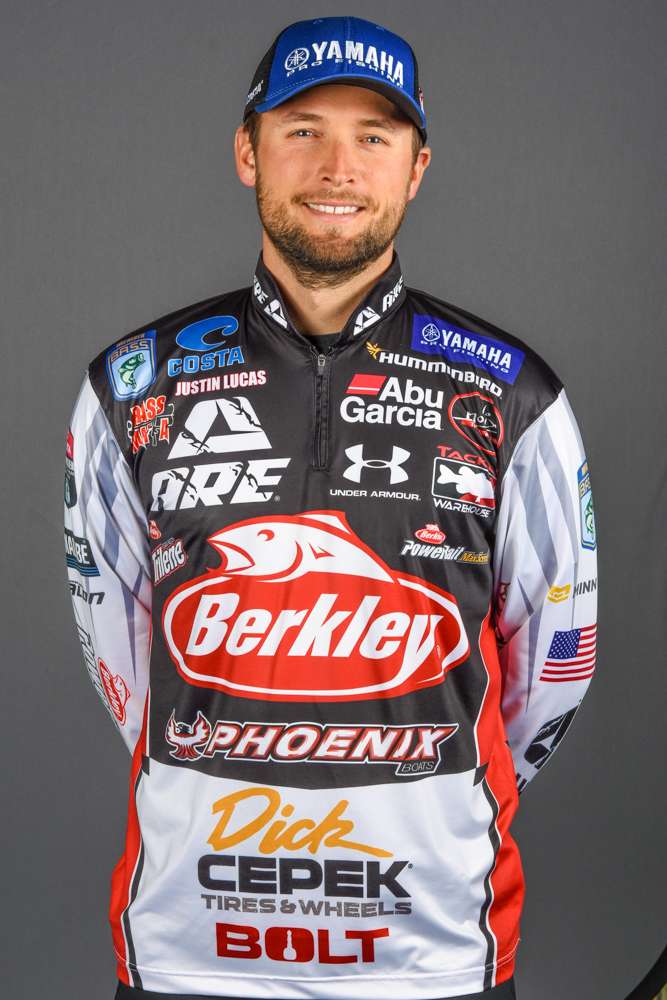There is one question by far that I get asked more often than any other: “How do I become a professional angler?”
There's a few different ways in my opinion, and here’s the advice I like to give:
First, I think it’s important to start young if you can. The fewer responsibilities you have while trying to make it, the easier it will be to stay focused.
Next, hone in on your fishing skills and learn how to fish new water. I see so many anglers today that are more worried about fishing for sponsorships than the fish. Please don't take that negatively. Sponsors are great and needed, but it’s important to remember that your tournament finishes are going to give you the credibility you need for legitimate partnerships.
It’s definitely possible to start later in life and still make it. Some excellent fishermen like Brandon Coulter, Randall Tharp, and Chris and Bobby Lane have certainly proven that. But I think those guys would definitely tell you it’s harder to dive into life on the professional tour after you’ve established a family and you have a wife and kids waiting for you at home.
I can't comment too much on this route, because it is not the one that I took, but I know if you get the chance to ask the guys I named above they would be happy to help, if you find yourself in this situation.
The high school and college circuits now provide an incredible opportunity to begin chasing the dream early in life – an opportunity that anglers like myself never had.
I can’t imagine a better route to the Elite Series than the one taken by guys like Matt Lee, Jordan Lee and Brett Preuett. Those guys went and earned college degrees – fishing all the while – and then moved to the opens to qualify for the Elites.
Of course, I tell you all of that knowing that college isn’t for everybody and it wasn't for me.
I went to community college a little bit right of high school. But since college fishing didn’t exist back then, I worked several jobs while saving as much money and spending as much time on the water as possible.
I lived at home until I was 23 years old. And while it was no fun watching all of my friends move out on their own while I was still living with my parents, I knew it was a sacrifice I had to make if I wanted to eventually fish for a living. (Sorry to the parents reading this! LOL)
Another decision I made was choosing my tournaments carefully.
Right out of high school, I was competing in team tournaments with a friend of mine at the level that we were prepared for. I never wanted to get in over my head at a level I wasn’t ready for, because I knew I’d just get my butt kicked and run out of money really fast. I felt this was extremely crucial for me.
It’s super important to know the skill level you’re at and fish at that level. Until you’re accomplished at that level, don’t move up to the next.
I also benefited greatly from fishing as a co-angler.
Co-angling in major tournaments was basically my school. I went in to every tournament determined to learn as much as I could. Even when I had a bad day, I was learning. Sometimes, it’s important to learn what not to do.
Lastly, I would like to mention that I don't believe making it to this level requires being "rich" like I commonly hear from some negative people. In fact, there's only two guys that come to mind that I know came to the Elite Series after already being "rich.” It may look like glitz and glamour, but almost everyone I have met has struggled and made big sacrifices to make it here.
Whichever route you take, the number one thing you need to remember is that it doesn’t happen overnight. It will be a process that will take several years, and there will be some ups and downs along the way.
But don’t lose sight of your dream through the rough parts.
Trust me, walking across the Bassmaster Classic stage for the first time, makes it all worth it!

